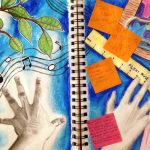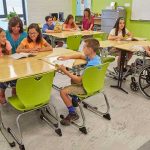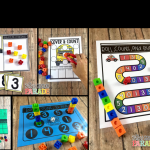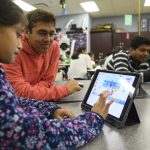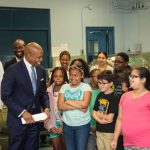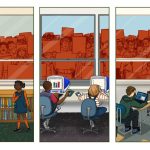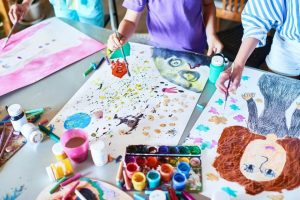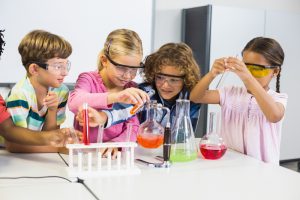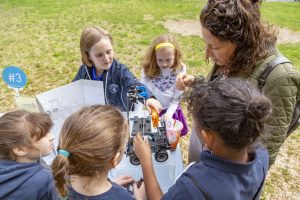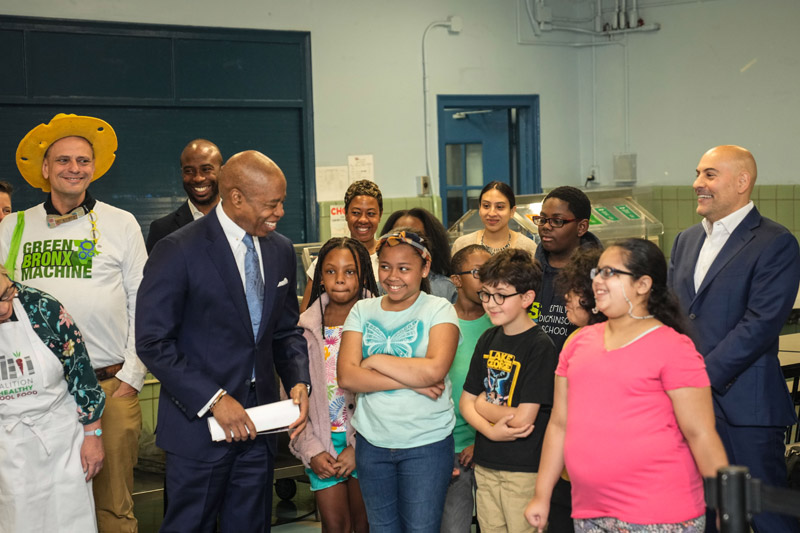
History education is crucial for providing students in grades K-8 context about the world they live in. By journeying through different historical eras, students gain perspectives, understanding, and life lessons that shape them as engaged citizens. Immersive, experiential learning brings history to life for students.
Exploring Cultural Heritage
Studying history passes on cultural heritage, identity, and values. Students gain insight into who they are by learning their ancestors’ stories. Discussing family histories and making timelines of students’ own lives builds personal connections. Reading legends from diverse cultures imparts moral wisdom. Field trips to local historical sites foster community pride. Engaging with their roots helps students appreciate the power of history.
For example, students can curate exhibits about their families’ journeys to America after interviewing grandparents. Native American folktales teach respect for nature and elders. Visiting a historic one-room schoolhouse displays how education transformed. Exploring their origins imparts cultural heritage to shape students’ self-concepts.
Understanding How the World Developed
Learning history provides crucial context about how the modern world formed. Major events, figures, and trends that forged society are examined. Primary sources like speeches, images, and artifacts make the past vivid.
For instance, the American Revolution comes alive through soldiers’ diary entries and artistic renditions of the Boston Tea Party. The women’s suffrage movement is illuminated with historical photos and videos. Seeing the challenges faced to progress human rights creates engaged citizens. Building this framework of historical understanding equips students to confront modern issues.
Gaining Life Lessons and Skills
History provides invaluable life lessons about overcoming struggles, showing compassion, thinking innovatively, and more. Examining how others displayed perseverance and moral courage models character for students. Thinking critically about past mistakes promotes wisdom and growth.
Analyzing key speeches cultivates persuasive communication techniques. Making historical replicas requires creativity and craftsmanship. Recreating historical newspapers builds writing and research abilities. Costumed reenactments teach perspective-taking and cooperation. Engaging with history develops relevant skills and wisdom. As American writer Maya Angelou said, “History, despite its wrenching pain, cannot be unlived, but if faced with courage, need not be lived again.”
Immersive Learning Methods
Diverse methods transport students into the past for memorable learning experiences. Period costumes, food samplings, and music from historical eras stimulate senses and emotions for active engagement. Field trips to living history museums let students experience tours, crafts, and reenactments. Creative projects like designing hieroglyphic scrolls, building model Indigenous dwellings, or filming documentary shorts turn students into historians.
Virtual reality also enables students to traverse space and time. Apps like Google Expeditions provide 360-degree immersive views of historical sites from pyramids to pioneer trails. Augmented reality animates handheld artifacts like famed paintings or cultural masks. Using multidimensional learning tools ignites students’ imaginations to relive history.
Connecting Past to Present
Finally, studying history helps learners connect yesterday’s events to today’s world. Comparing and contrasting different eras highlights progress and persistence. Researching societal challenges of the past that continue today inspires change-making. Seeing their legacy over centuries empowers students to positively impact the future.
In Summary
Traveling through the past gives students deepened perspectives, cultural grounding, life lessons, and a contextual worldview to guide their lives. Making historical learning experiential engages students in the collective journey of humanity. Using history as a wise teacher unlocks new understanding to shape students as informed citizens ready to enact the future.

